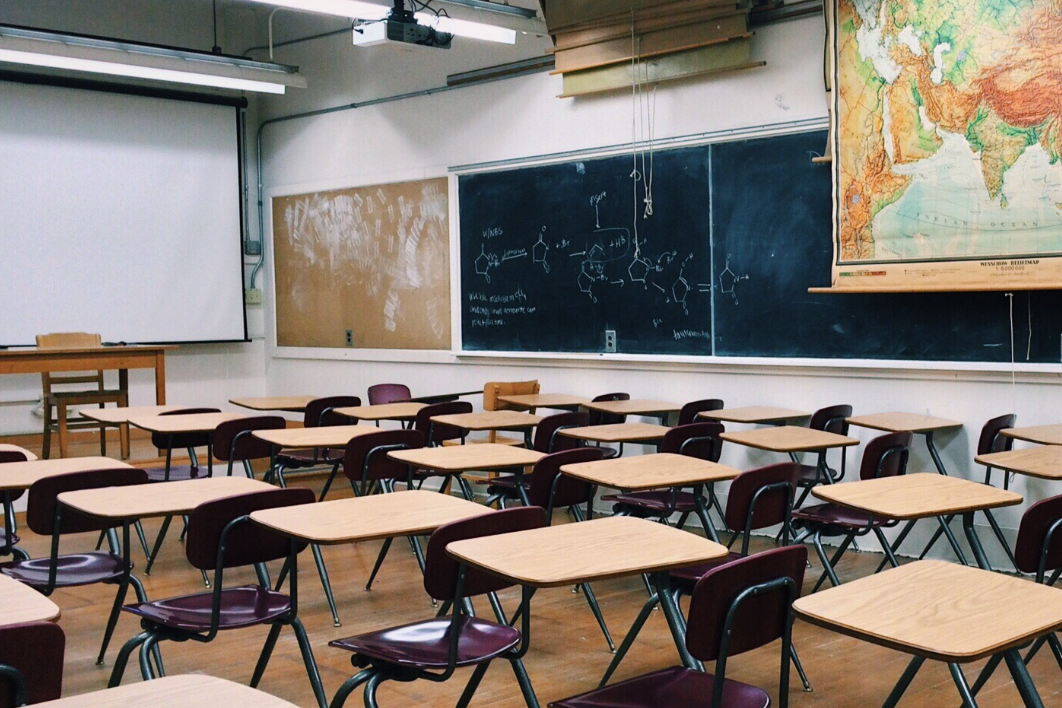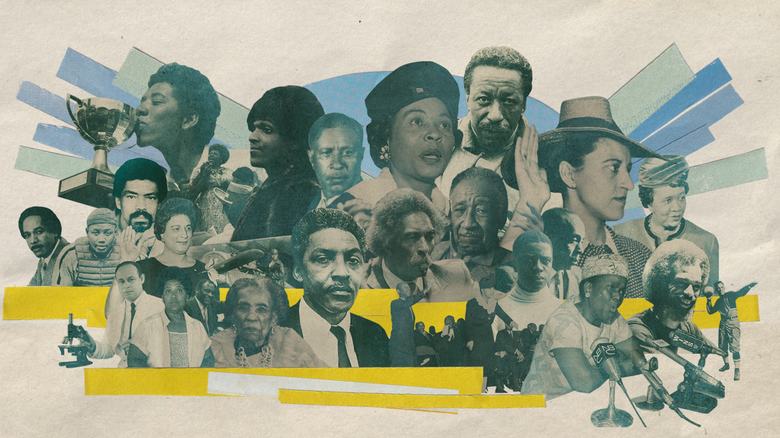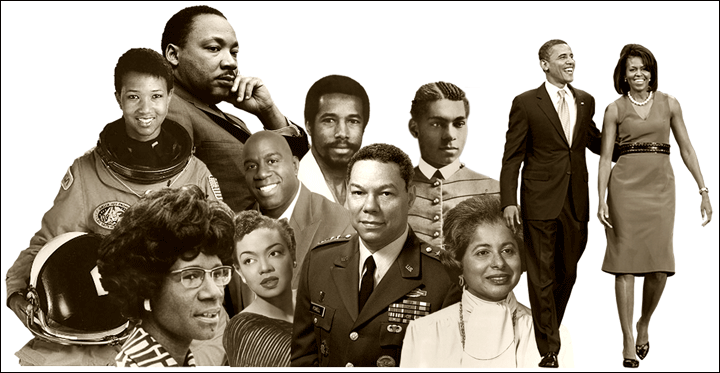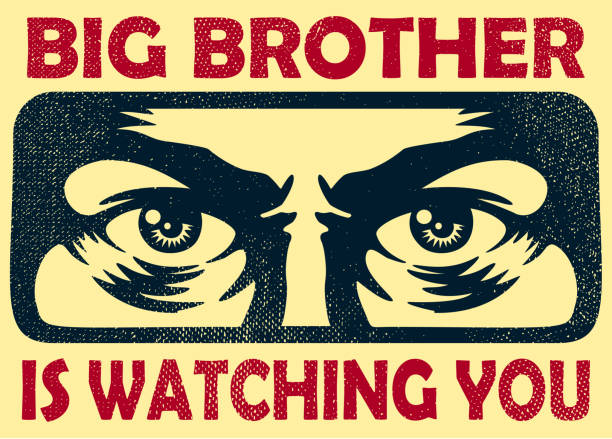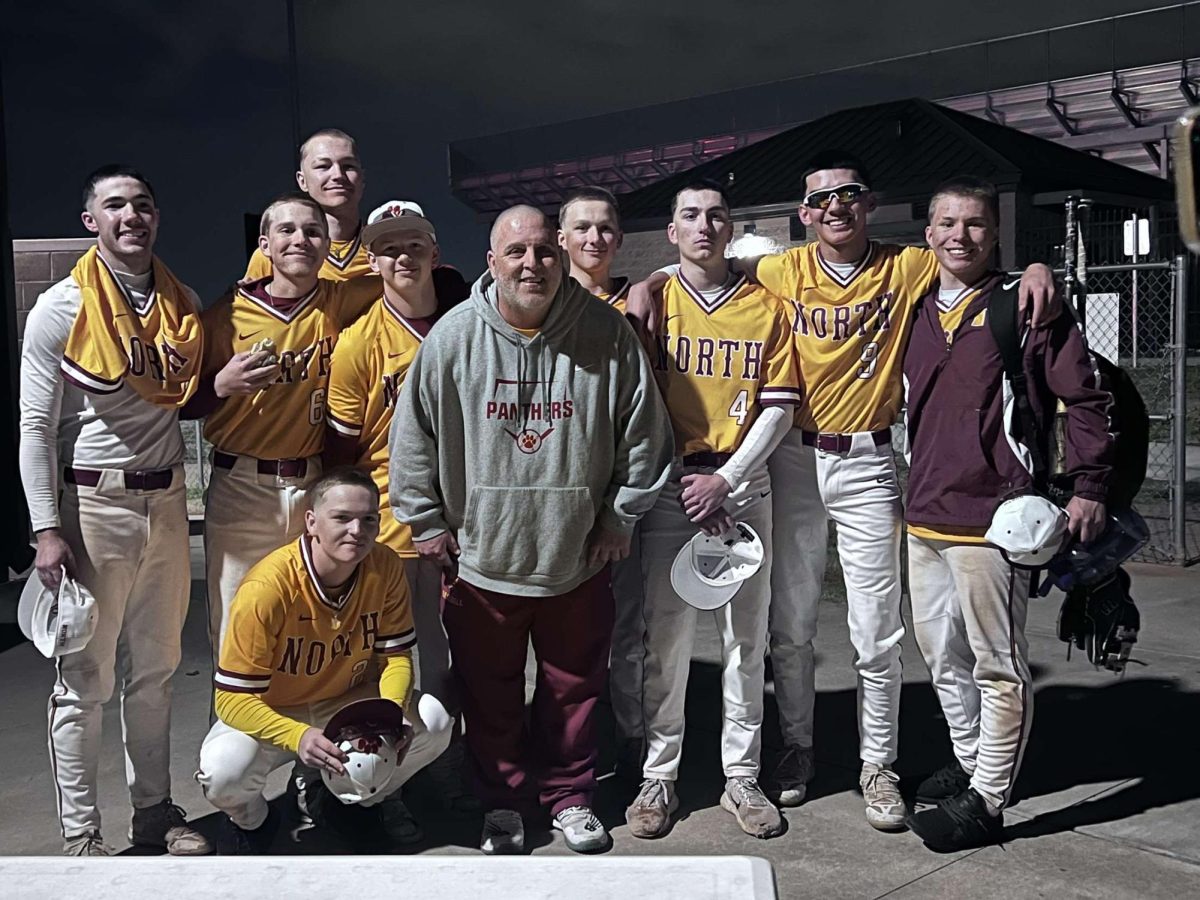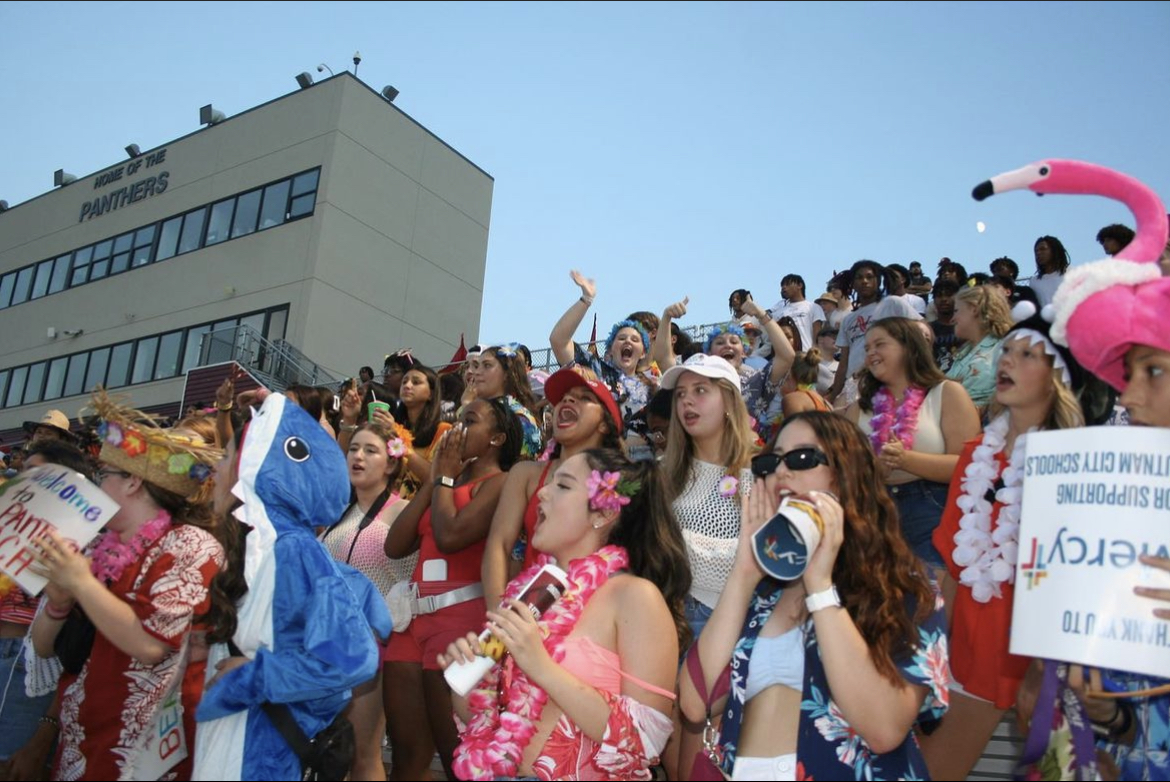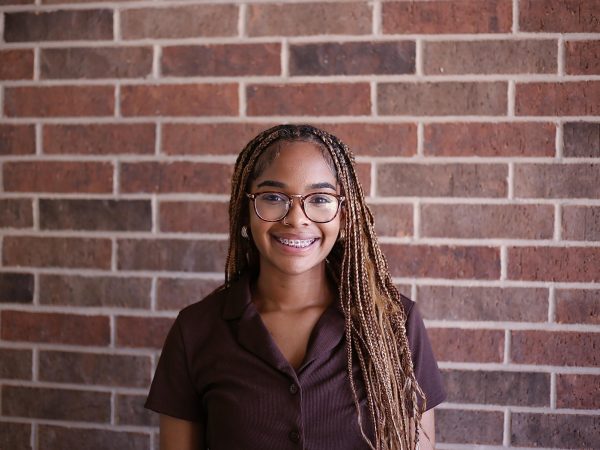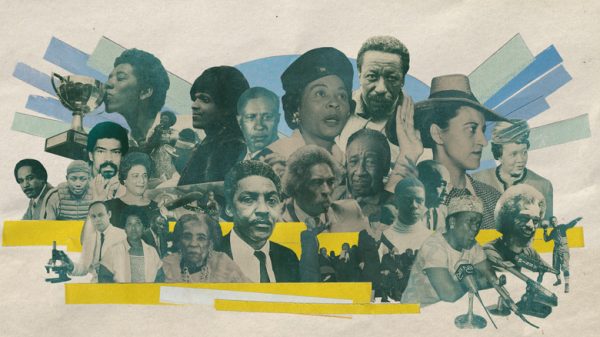Prepare Us Not Lie to Us

interior of a school classroom with wooden desks and chairs. nobody around. 3d render
American social critic George Carlin once said, “Don’t just teach your kids to read, teach them to question what they read. Teach them to question everything.” Schools are important to not only teach students fundamentals but also important social skills. School teaches students to network, build connections with others, how to interact with people who are different from you, and many other things that set you up to be a functioning person in society.
My state of Oklahoma passed House Bill 1775, which says that the Oklahoma State Board of Education is “to prohibit discrimination on the basis of race or sex in the form of bias, stereotyping, scapegoating, classification, or the categorical assignment of traits, morals, values, or characteristics based solely on race or sex.” Violations of HB 1775 can not only lead to school districts being disciplined, but an educator can have their license suspended or even revoked. While it sounds like this bill is in place to protect minorities from discrimination in classrooms, and better the quality of education in our Oklahoma public schools— could the bill be doing more good than bad? Do we need to be sheltered? Shouldn’t we know what we’re getting into?
During the summer of 2022, Tulsa Public schools were accused of violating House bill 1775, by the OSDE (Oklahoma State Department of Education). Tulsa becomes the first Oklahoma school district to get disciplined for being in violation of the bill. A News on 6 article posted on June 24th, 2022 reveals that, “The agency (OSDE) said it looked over the training materials in question before ruling Tulsa Public Schools did violate the new law.” An attorney for the OSDE commented that “In conclusion, it was a close call, but we believe the spirit of that training, or the design of it, was contradictory….in violation of the law.”
The Tulsa teacher who claimed Tulsa Public Schools violated the house bill, argued that the training she was given made white individuals feel discomfort. The offensive training was not made public, but if it was, I wonder how much of it would be worth the fuss?. Why can’t the public be informed so other educators can know what to look out for? As a result of her discomfort, Tulsa Public schools accreditation was downgraded. Tulsa Public schools aren’t the only ones who were affected by this law. On July 28, 2022 Mustang Public Schools were also penalized for violating the bill.
It’s important to make sure school is as safe as possible for students and faculty, but school also needs to prepare students for the uncomfortable situations they might face and the best ways to overcome them. As an adult educator, difficult conversations should be approached, and while it’s uncomfortable—it definitely needs to be talked about. Just because we’re young adults, does that mean we need to be sheltered?
Why is talking about real world issues so wrong? Shouldn’t we know what we’re getting into? Using the 1775 code as a “no politics” band-aid to avoid talking about the systematic oppressions, equality issues, and past human struggles doesn’t seem like what the law’s original definition disclosed. What’s political about how my ancestors were treated? While the Tulsa teachers’ feelings are completely valid, on the other hand the legislator’s idea that no one should be uncomfortable is not realistic to the world we are currently living in.
There are oppressed persons who take less take offense to topics like systematic racism, generational bias, or equality issues than those who do the oppressing. I don’t find learning about “uncomfortable” topics the issue. I believe watering the truth down breeds ignorance and intolerance, which causes the same terrible history to repeat itself. Teachers look at this bill and are intimidated. They’re afraid to take the wrong step, afraid to make a mistake, afraid to teach. How can students flourish and learn from our teachers if teachers are too hesitant to teach with passion? I can’t learn from a teacher who would rather hand out a worksheet and skip over the lesson than lose their licenses over a heavy topic.
I’m very much in favor of keeping classrooms safe spaces, but sooner or later students will make a leap into young adulthood. Once we make that leap, we will use everything we’ve learned in school and from those who inspire us.. We will take it and apply it to how we move through life. Is the bill more important than teaching the new generations how to properly break down things?– I can’t say I agree.
Your donation will support the student journalists of Putnam City North High School. Your contribution will allow us to purchase equipment and cover our annual website hosting costs.





